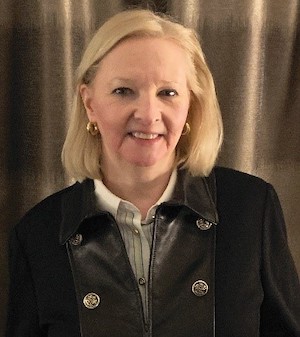 With the Department of Justice announcement of the $155 million dollar eClinicalWorks settlement (including personal liability for the CEO, CMO and COO), many stakeholders are wondering what’s next for EHRs. Clearly the industry is in a state of transition. eCW will be distracted by its 5 year corporate integrity agreement. AthenaHealth will have to focus on the activist investors at Elliott Management who now own 10% of the company and have a track record of changing management/preparing companies for sale. As mergers and acquisitions result in more enterprise solutions, Epic (and to some extent Cerner) will displace other vendors in large healthcare systems. However, the ongoing operational cost of these enterprise solutions will cause many to re-examine alternatives such as Meditech...
With the Department of Justice announcement of the $155 million dollar eClinicalWorks settlement (including personal liability for the CEO, CMO and COO), many stakeholders are wondering what’s next for EHRs. Clearly the industry is in a state of transition. eCW will be distracted by its 5 year corporate integrity agreement. AthenaHealth will have to focus on the activist investors at Elliott Management who now own 10% of the company and have a track record of changing management/preparing companies for sale. As mergers and acquisitions result in more enterprise solutions, Epic (and to some extent Cerner) will displace other vendors in large healthcare systems. However, the ongoing operational cost of these enterprise solutions will cause many to re-examine alternatives such as Meditech...
SNOMED-CT
See the following -
An Argument for Standardized Reference Terminologies
 As a National Institutes of Health (NIH) article explains, standardized data is ‘crucial for data exchange between health information systems, epidemiological analysis, quality and research, clinical decision support systems, administrative functions.” Terminology is an important part of medicine. In short, it is a clinicians’ extensive healthcare vocabulary, which they use to describe a patients’ conditions and health events. With the onset of EHRs, clinicians are responsible for documenting patient information in EHRs. This is now properly done with standardized reference terminologies and not home-grown ones.
As a National Institutes of Health (NIH) article explains, standardized data is ‘crucial for data exchange between health information systems, epidemiological analysis, quality and research, clinical decision support systems, administrative functions.” Terminology is an important part of medicine. In short, it is a clinicians’ extensive healthcare vocabulary, which they use to describe a patients’ conditions and health events. With the onset of EHRs, clinicians are responsible for documenting patient information in EHRs. This is now properly done with standardized reference terminologies and not home-grown ones.
- Login to post comments
Halamka on What's Next for Electronic Health Records
- Login to post comments
Halamka's Health IT Observations from Japan and New Zealand
 This week I’ve taken vacation time to help my colleagues in Japan and New Zealand with national IT planning. As I often say, the healthcare IT challenges are the same all over the world, but the cultural context is different. In Japan, I spent 2 days in Tokyo and 1 day in Kyoto, lecturing, meeting, and listening to stakeholders. There is a great desire to share data for care coordination and clinical trials/clinical research. Telemedicine/telehealth is increasingly important in an aging Japanese society that has increasing healthcare needs but a limited number of caregivers and few opportunities to increase healthcare budgets. Here are a few of the current issues we discussed...
This week I’ve taken vacation time to help my colleagues in Japan and New Zealand with national IT planning. As I often say, the healthcare IT challenges are the same all over the world, but the cultural context is different. In Japan, I spent 2 days in Tokyo and 1 day in Kyoto, lecturing, meeting, and listening to stakeholders. There is a great desire to share data for care coordination and clinical trials/clinical research. Telemedicine/telehealth is increasingly important in an aging Japanese society that has increasing healthcare needs but a limited number of caregivers and few opportunities to increase healthcare budgets. Here are a few of the current issues we discussed...
- Login to post comments
John Halamka Looks Back at 2014
2014 was quite a year. Thinking back to December 2013, I cannot believe that so much has happened. Let’s take a look at the major HIT events that shaped 2014 and what they portend for 2015 Read More »
- Login to post comments